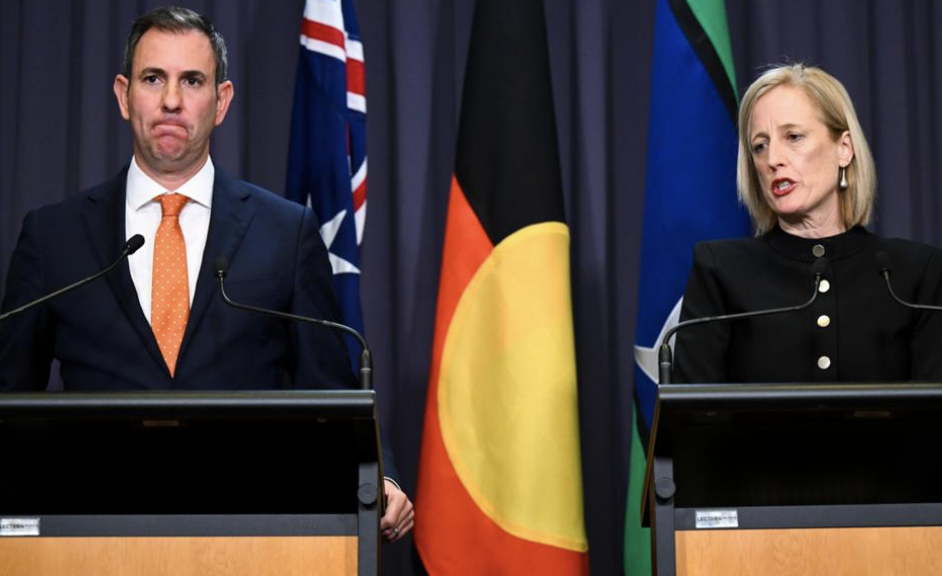

Article by Adrian Lowe courtesy of the West Australian.
WA iron ore has helped improve the Federal Budget deficit by $50 billion, Treasurer Jim Chalmers says, but warned it’s a temporary improvement as the Government prepares to finalise a spending audit.
Dr Chalmers in Canberra on Tuesday also supported comments by Reserve Bank governor Philip Lowe that structural reform to the Budget was needed to ensure services the community wanted were provided without huge tax increases.
The Budget deficit will now be just over $30 billion, he said.
“Commodity prices remained higher for longer than expected over 2021-2022 but they’ve already begun to drop,” he said, adding the two-week iron ore average price was down more than 20 per cent since the end of June.
“That gives you a sense of the temporary nature of this revenue boost.”
Dr Chalmers, who described his first Budget, to be handed down next month, as “standard” and “bread and butter”, said it was important any cost-of-living relief measures did not push inflation further.
“Our challenge is to provide that cost-of-living relief in a way that doesn’t make the hard work of the independent Reserve Bank even harder,” he said, outlining “responsible” measures would be focused on childcare, medicines and wages
“We don’t want cost-of-living relief to be counterproductive.”
Finance Minister Katy Gallagher said the Government, through its spending, audit needed to be convinced that spending was quality and “going where it’s needed” — but the process would take time.
“There is opportunity to return some money to the Budget, we’re currently going through those decisions now,” she said..
“There’s going to be a longer term piece of work, so some of the work that’s come out of that audit is that there’s a long term kind of analysis that needs to happen in a range of programs where there’s been layering upon layering over the years and that will take a longer period of time.”
The Government is preparing to release finalised Budget numbers next Wednesday. It outlined the coalition pledged spending that was not delivered in health, infrastructure, COVID response measures and the NDIS.
“There are enormous pressures and the Budget is in structural deficit … but there’s a lot more work to be done and it’s not going to be just dealt with in October,” Senator Gallagher said.
Dr Lowe on Friday told a Parliamentary hearing that “we haven’t worked out as a community” how to pay for the services wanted, and in the absence of tax cuts or spending cuts, structural reforms were needed.
“I do worry how as a community and a society we’re going to tackle this need to pay for the things that we want as a community the government to deliver for us. The best option here is to do structural reform to have a bigger pie,” he said. “But that requires governments and businesses to do things that are difficult.”
Dr Chalmers said he welcomed Dr Lowe’s comments, foreshadowing a national conversation about the structural position of the Budget, and how legitimate expectations of services would be funded.
“We do have some things going for us: we do have very low unemployment, we have had solid demand, we have been getting good prices for our commodities, but those prices are coming off,” he said.
“But at the same time, we’ve got some pretty extreme pressures on the Budget … and there are more to come.”